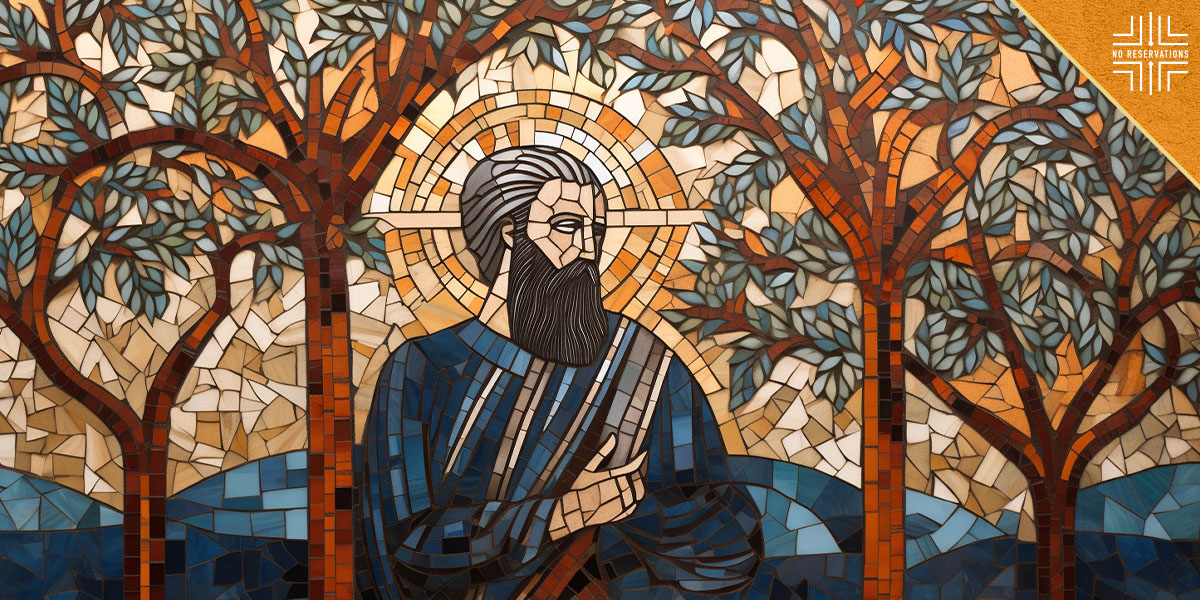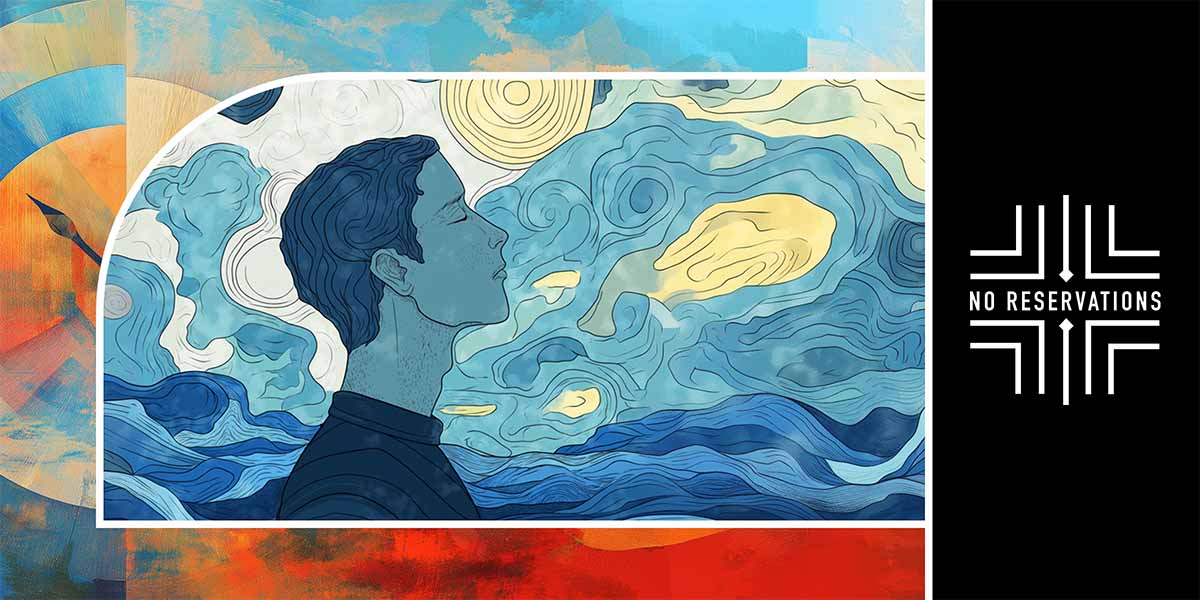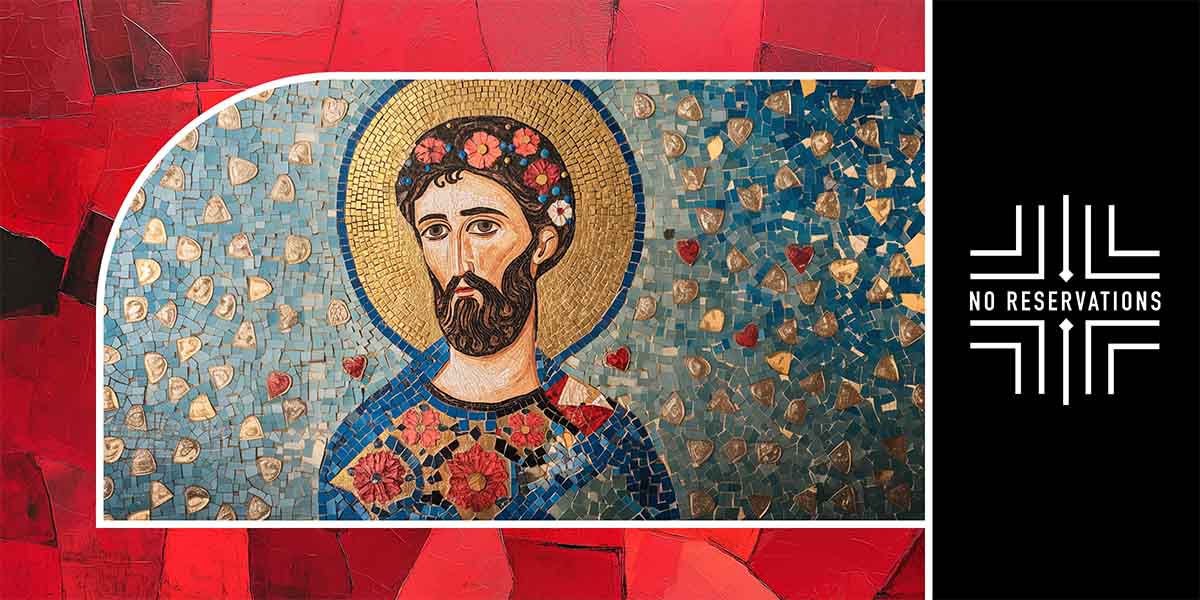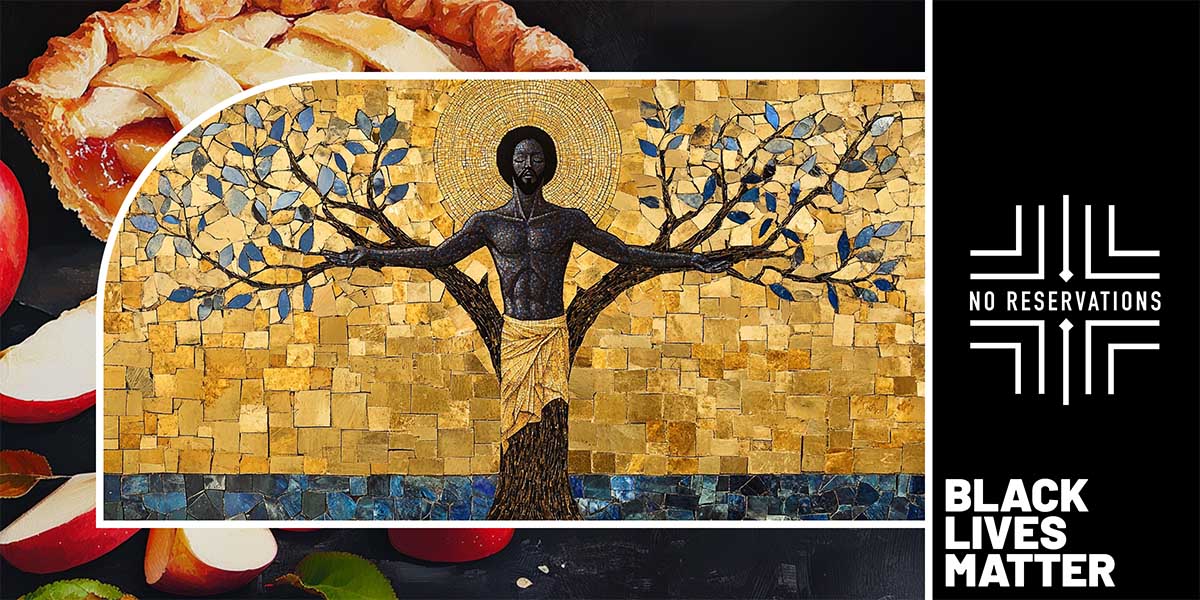One Unfortunate Bush: A Tale of Second Chances | Jonah 3:10-4:11 – Collective Edition
When the Divine witnessed the transformation of hearts, the change from harmful paths, the idea of catastrophe was set aside. No ill fate befell the people.
Jonah, however, couldn’t stomach this mercy. Frustrated, he spoke to the Divine: “Didn’t I say this would happen? You’re all about love and second chances. That’s why I ran away in the first place. Now, just let me go; I’d rather not be here.” To which the Divine responded, “Why so heated, Jonah?”
Jonah found a spot outside the city, crafting a makeshift shelter. Here, he waited, watching to see what would become of the people.
A bush sprouted a gift from the Divine, shading Jonah and easing his discomfort. For this, he was grateful. But at the crack of dawn, a worm nibbled the bush to death. When the sun blazed hot, Jonah wilted and yearned for his own end. “I’m better off gone,” he thought.
To this, the Divine questioned: “So, you’re upset about a bush?” Jonah replied, “Upset enough to wish for the end.” The Divine responded: “You worry for a bush you didn’t even plant, one that’s here today gone tomorrow. Shouldn’t I care for a city teeming with souls who are still finding their way, not to mention the creatures that share their city?”
“Grief can be the garden of compassion. If you keep your heart open through everything, your pain can become your greatest ally in your life’s search for love and wisdom.” – Rumi
- In what ways do you identify with Jonah’s reluctance to see change in those he had already condemned? How does this mirror our unconscious biases and judgments towards certain individuals or communities, and what does this say about the boundaries of our own compassion?
- The Divine shows unconditional love to the people of Nineveh and even to the bush, teaching Jonah a lesson. Can you recall a time when you were frustrated or disappointed by someone else’s ‘undeserved’ good fortune or forgiveness? How can we move from a mindset of scarcity to one of abundance, seeing the Divine’s love as infinite rather than finite?
- Jonah’s discomfort pushes him to the brink, making him wish for his own end. Have you ever reached a point where your own discomfort or emotional pain made you lose sight of the bigger picture? How can understanding our inner struggles and emotional limits help us grow in our compassion for ourselves and for others?





